In this article, we’ll explore 7 proven AI-OCD Treatments that are changing the way OCD is treated today.
Ready to transform your mental health?

What is OCD and Why is AI Important?
Obsessive-Compulsive Disorder is a mental health condition where a person has uncontrollable, recurring thoughts (obsessions) and behaviors (compulsions).
These people feel the urge to repeat things over and over. Fortunately, AI-OCD Treatments are now offering innovative ways to help individuals manage these challenging symptoms effectively
Living with Obsessive-Compulsive Disorder (OCD) is challenging, but thanks to AI-OCD Treatments.
there’s a new way to manage symptoms. AI technology is now transforming how we approach mental health.
AI-based OCD therapy offers personalized, accessible solutions. From AI-driven OCD solutions to AI mental health apps, these tools are revolutionizing therapy and symptom management.
The benefits of AI-OCD Treatments go beyond traditional methods. With AI-powered OCD treatment tools, patients receive tailored care, real-time monitoring, and more effective interventions.
What is AI-OCD Treatment?
AI-OCD Treatment refers to the use of artificial intelligence to assist in the diagnosis, management, and therapy of Obsessive-Compulsive Disorder (OCD).
AI-based OCD therapy integrates advanced algorithms and machine learning to analyze data, understand patterns in patient behavior, and recommend tailored therapeutic interventions.
This technology is a game-changer in mental health because it offers solutions that are data-driven, personalized, and available at any time. unlike traditional therapy that may have scheduling or accessibility limitations.
AI technologies like AI mental health apps provide continuous tracking of symptoms, enabling real-time intervention and support. This is crucial for people with OCD, where managing daily triggers and compulsions requires constant attention.
The ability to have AI-driven OCD solutions available 24/7 is transforming the patient experience, making treatment more accessible, adaptable, and effective.
Why AI is the Future of OCD Treatment ?
Artificial intelligence is revolutionizing OCD therapy by offering personalization, data-driven insights, and availability like never before. One of the biggest advantages of AI-based OCD therapy is its ability to tailor treatment plans to each patient’s specific needs.
traditional therapy often follows a one-size-fits-all model. AI algorithms can adjust and refine approaches in real-time based on a patient’s progress.
Moreover, AI offers data-driven insights that are invaluable in mental health care. By analyzing vast amounts of data from various patients, AI tools can identify patterns, predict outcomes, and provide recommendations that a human therapist might miss.
This precision helps ensure that patients receive treatments that are most likely to work for them.
Finally, AI mental health apps and virtual therapists provide accessibility that traditional therapy often lacks. With AI-powered OCD treatment tools, patients can receive support anytime.
This ensures continuity of care, which is especially important for managing a condition like OCD that requires ongoing attention.
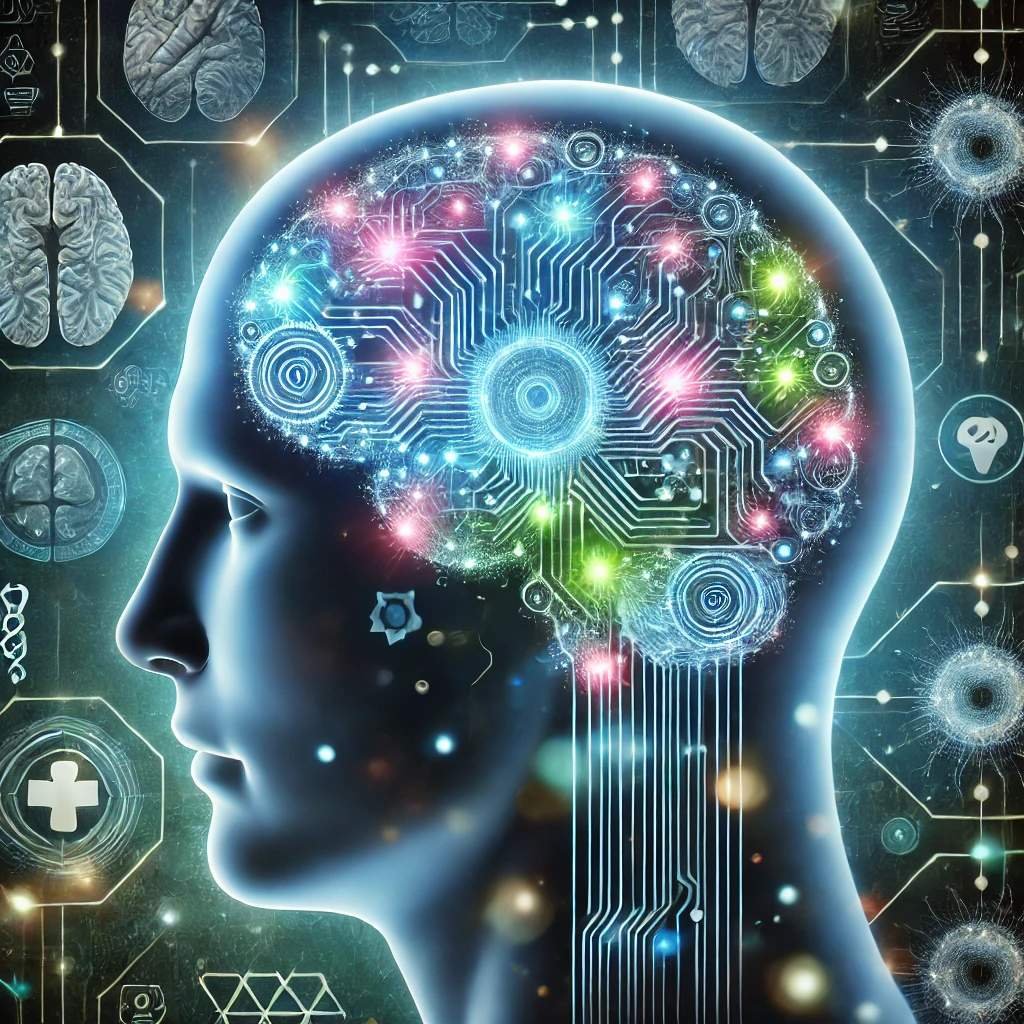
7 Proven AI-OCD Treatments You Should Know About
Artificial intelligence has revolutionized how we approach Obsessive-Compulsive Disorder (OCD) treatment.
From enhanced therapy options to real-time symptom management, AI-driven OCD solutions are providing cutting-edge tools for those battling OCD.
Here are seven proven AI-OCD treatments that are making a significant impact on mental health today.
1. AI-Powered Cognitive Behavioral Therapy (CBT)

AI-driven Cognitive Behavioral Therapy (CBT) works by using artificial intelligence to replicate and enhance traditional CBT sessions. With AI-based OCD therapy.
patients no longer have to wait for weekly therapy sessions to receive support. Instead, AI-powered platforms provide interactive, on-demand CBT exercises that help patients manage their symptoms whenever they need.
These platforms use machine learning to analyze how patients respond to specific exercises, adjusting the content and intensity based on individual progress.
The continuous feedback loop between patient and AI leads to more personalized, effective treatments, which are critical for managing OCD’s compulsive behaviors and intrusive thoughts.
Studies have shown that patients who engage with AI-powered OCD treatment tools report significant improvement in their ability to manage OCD symptoms. Consistent access to therapy helps maintain momentum between in-person sessions.
2. AI Mental Health Apps for OCD Management

AI-driven solutions for managing OCD symptoms, such as mental health apps, are designed to help patients by providing real-time interventions, symptom tracking, and therapeutic exercises.
Apps like NOCD, Wysa, and Woebot use AI to offer users a convenient, accessible way to work through their compulsions and obsessions.
These apps utilize AI-powered OCD treatment tools to help patients track their triggers. In addition, they identify patterns in their behavior and engage in cognitive-behavioral exercises designed to reduce OCD symptoms.
AI-driven interventions, such as cognitive-behavioral therapy delivered through mobile apps, show promise in managing OCD symptoms.
According to the National Institute of Mental Health (NIMH), these digital tools offer more accessible, affordable care, especially when compared to traditional therapy settings.
For example, apps like NOCD have demonstrated significant success in reducing OCD symptom severity over time. Studies show that AI-powered mental health tools are making treatment more effective and accessible, providing continuous support and reducing barriers to care.
You can read more about these advancements on the Anxiety and Depression Association of America (ADAA) website, which highlights research on the benefits of digital interventions for OCD management”(ADAA).
3. Virtual AI Therapists for OCD

Virtual AI therapists offer another layer of support for individuals with OCD by simulating human therapy sessions.
These AI-powered virtual therapists, such as Replika or Woebot, are accessible 24/7 and provide on-demand support, offering the flexibility that traditional therapy cannot always provide.
These AI-driven OCD solutions offer patients an outlet to talk through their obsessions or compulsions in real-time. helping to alleviate distress until they can meet with their human therapist.
Virtual therapists are also programmed to use evidence-based approaches like CBT and Exposure and Response Prevention (ERP). Making them a reliable option for those managing OCD.
4. AI-Assisted Exposure Therapy
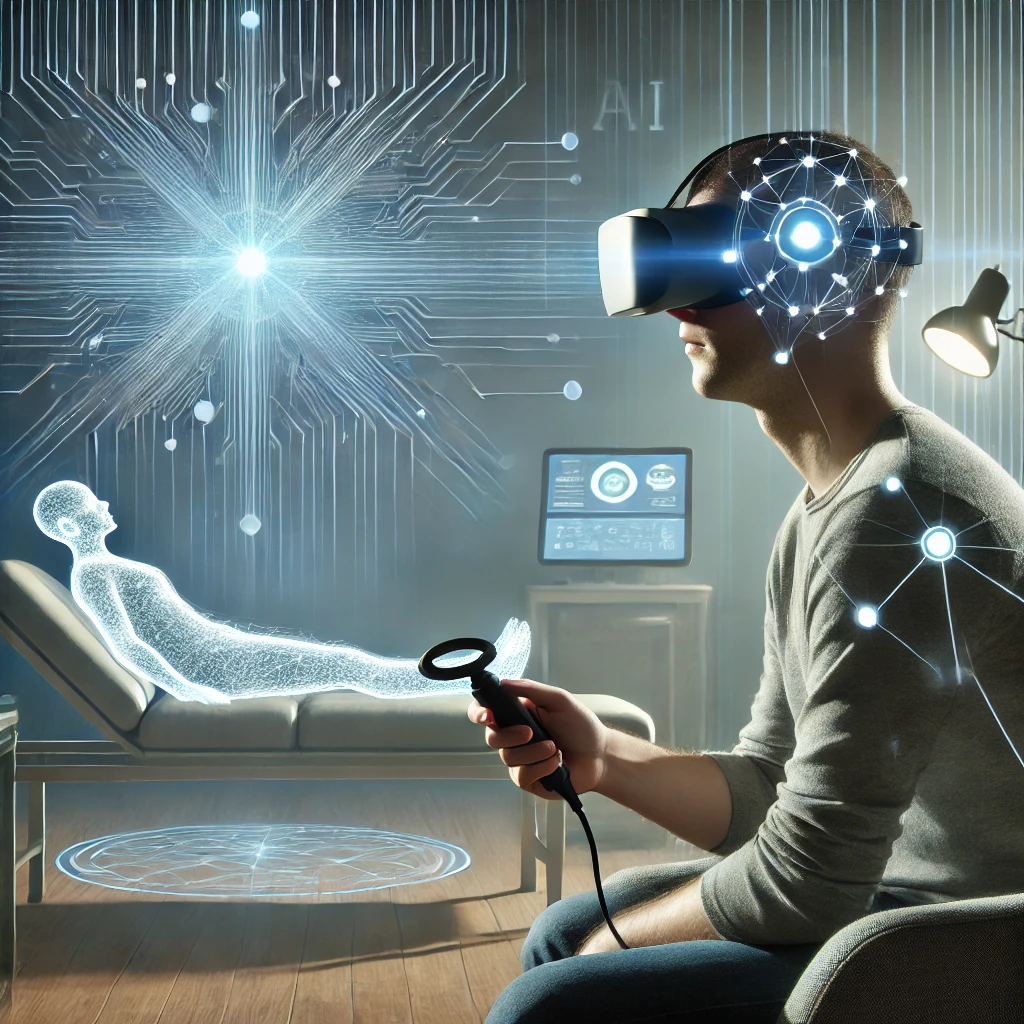
AI-Assisted Exposure Therapy, particularly Exposure and Response Prevention (ERP), is a cornerstone of OCD treatment. AI enhances this process by simulating situations where patients can confront their fears or triggers in a controlled environment.
Through virtual reality (VR) and AI technologies, patients can experience these scenarios safely, without the need for physical interaction.
By using AI-powered OCD treatment tools, ERP becomes more accessible and can be personalized to each patient’s specific triggers.
The AI adjusts the exposure intensity based on the patient’s reactions and ensures that each session targets the most pressing issues.
The AI’s ability to track progress in real-time allows therapists to modify the treatment, making AI-Assisted ERP a game-changer in the world of OCD therapy.
5. Machine Learning in AI-OCD Treatments plans
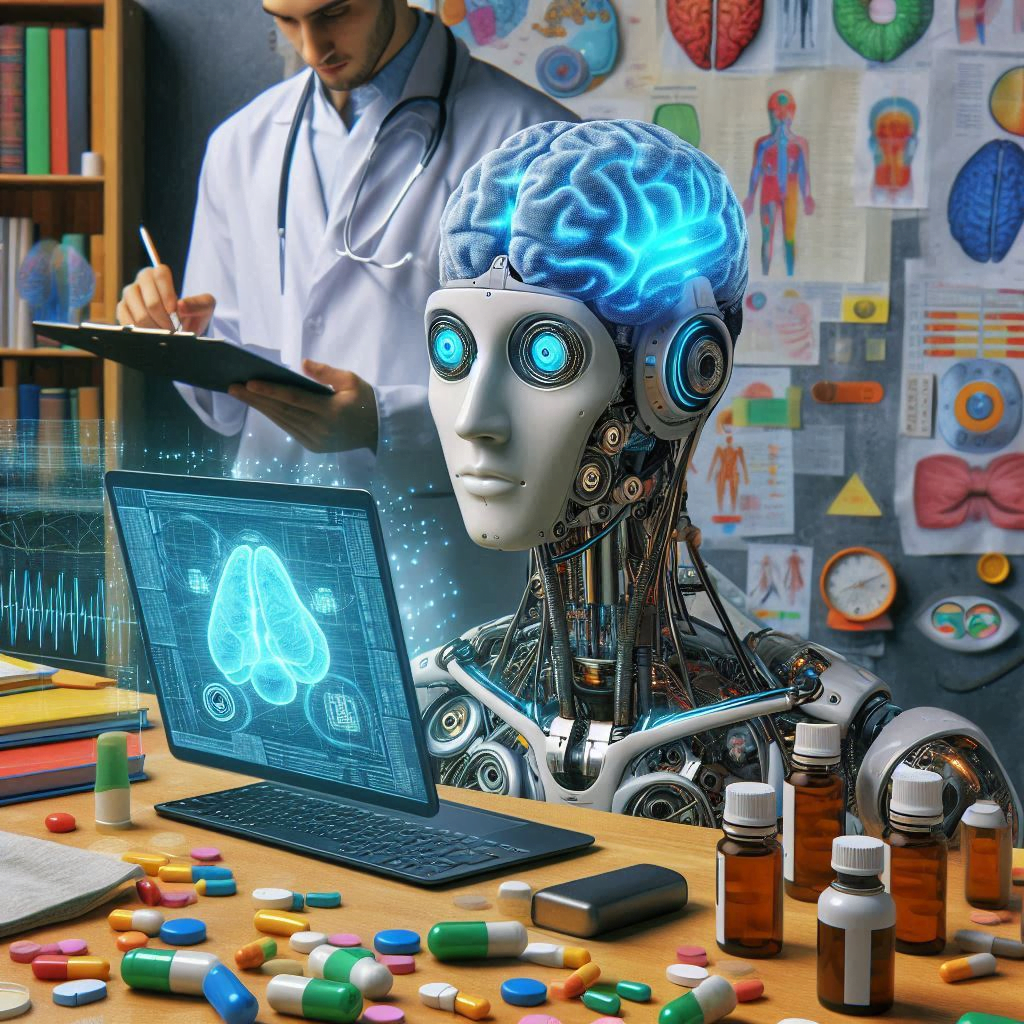
Machine learning algorithms play a crucial role in crafting dynamic and evolving treatment plans for OCD patients. By analyzing a vast array of data, including patient responses, behaviors, and therapy outcomes,.
Machine learning can create highly personalized treatment strategies. Unlike static treatment plans, these AI-driven OCD solutions adapt over time based on patient progress.
Machine learning helps predict the success of specific interventions, ensuring that patients receive the most effective treatments based on their unique situation.
This level of personalization makes AI-powered OCD treatment tools particularly effective. Personalization can evolve alongside the patient, providing targeted solutions for their changing needs.
6. AI-Monitoring and Managing OCD Symptoms
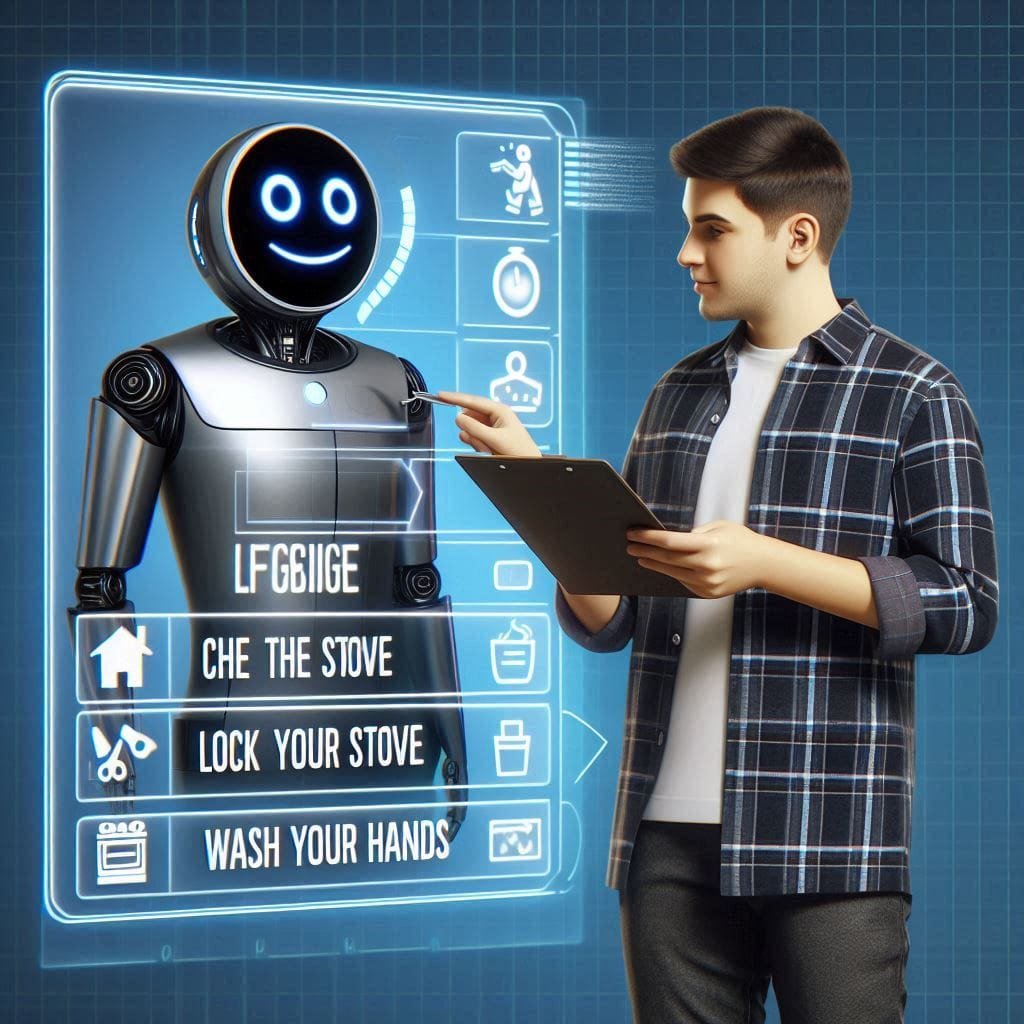
One of the most powerful aspects of AI in mental health is its ability to monitor and manage OCD symptoms in real-time. AI tools like CBT-based apps and wearable devices track patients’ emotional and physiological responses to different situations.
These apps alert them when they might be engaging in compulsive behaviors.
These AI-driven OCD solutions provide real-time interventions, suggesting coping mechanisms, exercises, or relaxation techniques based on current stress levels.
For example, AI mental health apps can send reminders to patients to engage in relaxation exercises when symptoms are high.
Continuous monitoring ensures that patients have the support they need to manage their OCD day-to-day, without waiting for their next therapy session.
7. AI-OCD Treatments: AI-Driven Mindfulness and Relaxation Techniques

Mindfulness and relaxation techniques are key elements of managing OCD, and AI-driven mindfulness tools are making these practices more accessible.
AI-powered apps like Headspace and Calm provide guided mindfulness exercises that are tailored to the user’s specific needs.
For OCD patients, these AI mental health apps offer real-time guidance to help reduce anxiety. Moreover, they manage intrusive thoughts and prevent compulsive behaviors.
By integrating AI-driven mindfulness techniques into daily routines, patients can benefit from a holistic approach to mental health care.
The constant availability of these tools helps individuals incorporate mindfulness into their OCD treatment plan, leading to better overall management of symptoms.
Benefits of AI-OCD Treatments
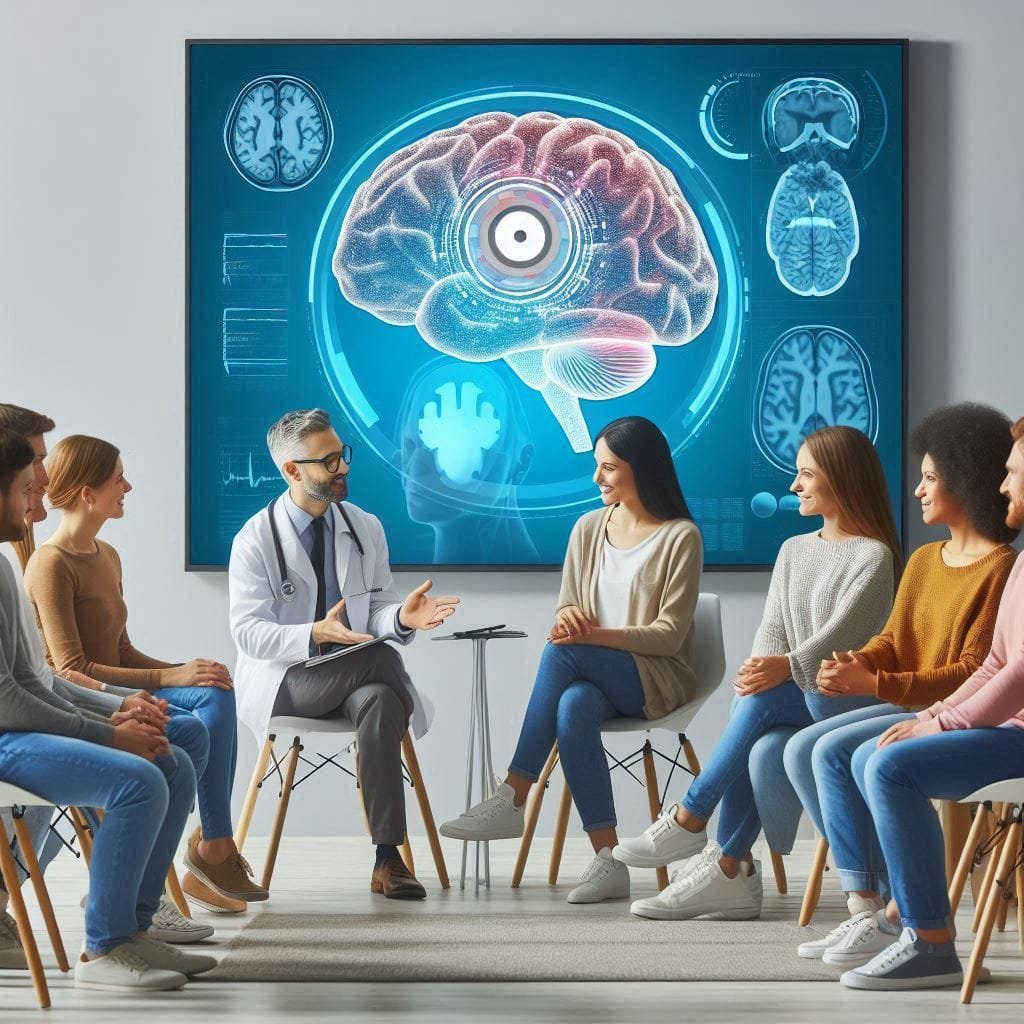
AI-based OCD treatments have introduced groundbreaking changes to how OCD is managed and treated.
The major benefits of using artificial intelligence for OCD therapy include accessibility, affordability, and personalization, making it a more inclusive and effective approach for many.
AI-driven OCD solutions increase access to mental health services, especially for those who might otherwise struggle to find in-person care.
AI tools reduce barriers to treatment and offer more personalized and accessible options. Additionally, AI-driven OCD solutions reduce costs by minimizing the need for frequent in-person therapy sessions.
Most notably, AI personalizes the entire experience, adapting the treatment plans based on an individual’s unique symptoms and progress, ensuring that each person gets the care they need at the right time.
Conclusion
In this article, we explored 7 proven AI-OCD treatments that are transforming how Obsessive-Compulsive Disorder is managed today.
From AI-powered Cognitive Behavioral Therapy (CBT) to AI-assisted Exposure Therapy, the potential of AI in mental health care is undeniable.
We also discussed AI mental health apps, virtual AI therapists, machine learning in treatment plans, AI-driven mindfulness techniques, and real-time symptom monitoring tools.
Each of these treatments demonstrates how AI-driven OCD solutions provide accessible, personalized, and effective care for individuals struggling with OCD.
The transformative power of AI-based OCD therapy lies in its ability to adapt to the unique needs of each patient, making treatment more precise and accessible than ever before.
AI is breaking down barriers, offering solutions that are available anytime, anywhere, and constantly evolving with the patient. With continuous advancements in technology, the future of AI in mental health looks incredibly promising.
If you’re considering exploring these AI-OCD treatments, be sure to discuss your options with a healthcare provider who can guide you through the process.
Whether you’re just beginning your mental health journey or looking for innovative ways to enhance your current treatment, AI can provide valuable support.
Have you tried any of these AI-powered solutions, or do you have questions about them? We’d love to hear your thoughts! Share your experiences or inquiries in the comments below and join the conversation about the future of AI in mental health care.



